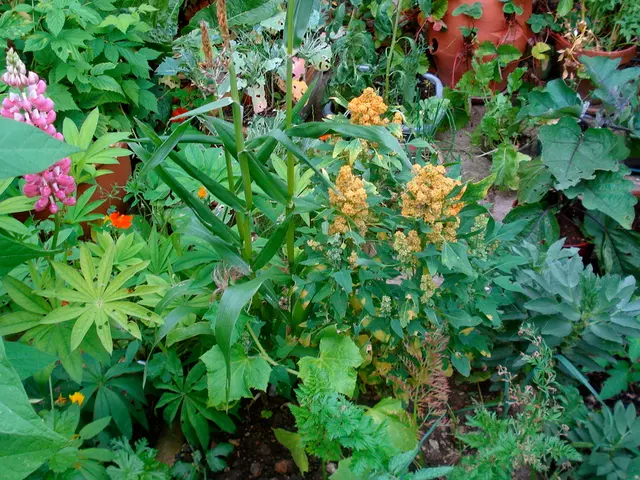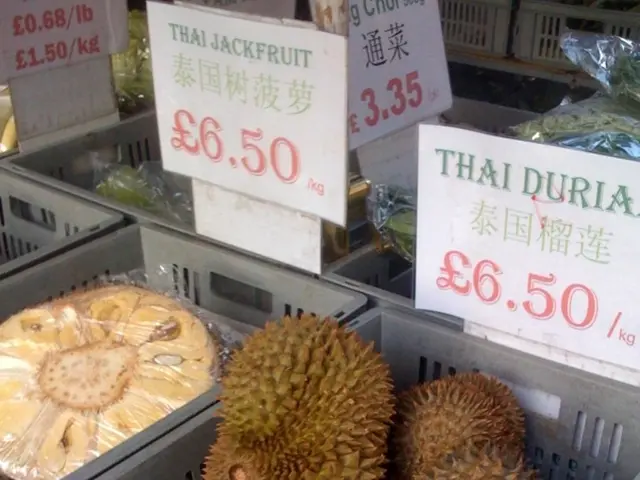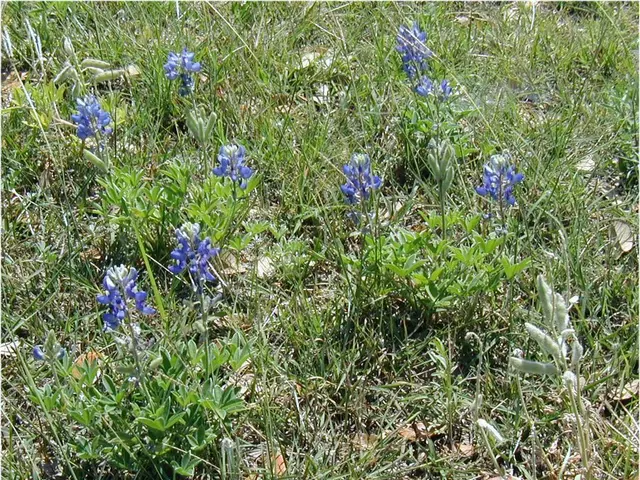Optimal Soil Blend for Raised Plant Beds: Selecting the Perfect Composition
Raised garden beds offer a fantastic opportunity for gardeners to cultivate a variety of vegetables, herbs, and flowers, but choosing the right soil mixture is crucial for successful plant growth. Here's a guide to help you create the ideal soil blend for your raised garden beds.
Firstly, it's essential to ensure that the soil provides good drainage, moisture retention, and nutrient-richness. A commonly recommended formula is a balanced blend of one-third topsoil, one-third compost, and one-third soilless growing medium, such as peat moss or coconut coir. These components work together to provide structure, essential minerals, organic matter, and improved soil quality.
For even better performance, some gardeners add organic amendments like worm castings, bone meal, and fish emulsion to further enhance fertility and plant health. Additionally, incorporating sand can help aerate the soil and improve drainage, especially in traditional raised beds sitting directly on the ground.
Another effective mix includes screened topsoil, aged compost, coconut coir or peat moss, and perlite or pumice. This combination balances structure, water retention, drainage, and aeration, ensuring plant roots can access oxygen and moisture without becoming waterlogged or drying out too quickly.
If you're looking for a pre-made raised bed soil blend, options like Miracle-Gro OrganicTM Raised Bed & Garden Soil and Back to the Roots Organic Raised Bed Soil are available. For those conscious of the environment, opt for peat-free compost options to minimize environmental impact.
For raised beds placed on paving or concrete, materials such as stones, rubble, broken crocks, or sharp sand can be added to improve drainage. If you're creating your own soil blend, use high-quality ingredients and ensure the garden soil is nutrient-rich and permeable.
Remember, different plants have different soil requirements, so consider the type of plants you want to grow when choosing the soil blend. To maintain raised bed soil, add organic matter every spring and mulch with straw or leaves.
In summary, the best soil for raised garden beds is a custom blend of topsoil, compost, and an organic soilless medium like peat moss or coconut coir, often enhanced with sand or perlite for aeration and drainage, plus organic amendments to boost nutrients and soil health. This creates an ideal environment for vigorous vegetables, herbs, and flowers to thrive. Happy gardening!
Incorporating a balanced blend of topsoil, compost, and soilless growing medium such as peat moss or coconut coir into your raised home-and-garden beds can provide optimal conditions for cultivating a variety of plants including vegetables, herbs, and flowers. For a more nutrient-rich and well-draining soil, you might consider adding organic amendments like worm castings, bone meal, and fish emulsion.







